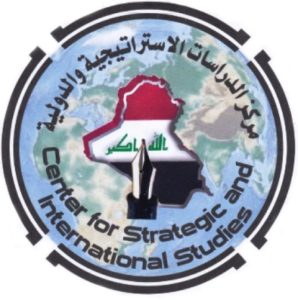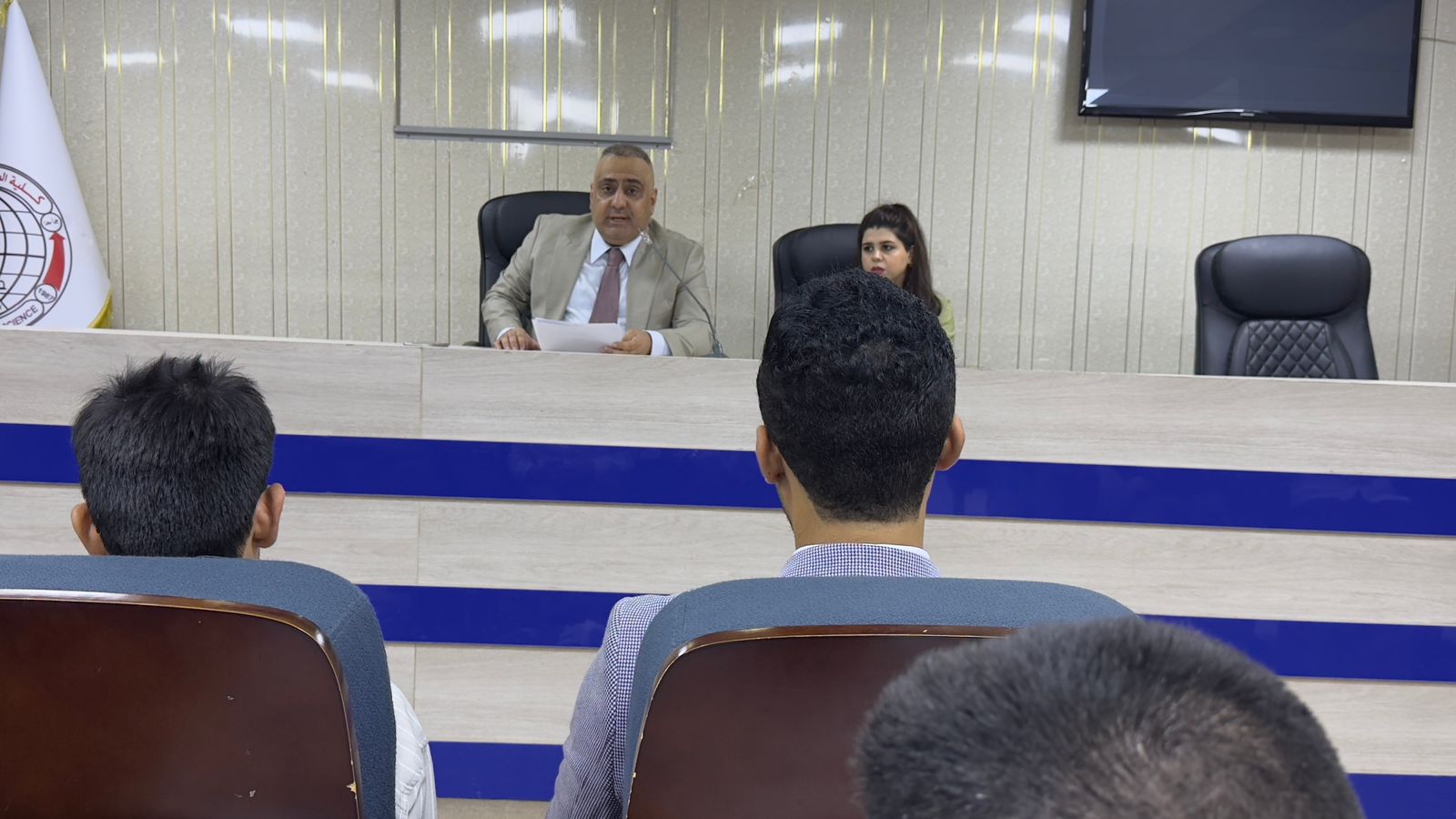The Continuing Education Unit at the College of Political Science – University of Baghdad, in cooperation with the Center for Strategic and International Studies, organized a training workshop entitled “The Effectiveness of U.S. Foreign Policy: Henry Kissinger as a Model” on Wednesday, 1 October 2025, in Dr. Jihad Al-Hasani Hall. The event drew participation from faculty members, researchers, and students.
The workshop was delivered by Assistant Professor Dr. Ahmed Abdulwahid Abdulnabi, a faculty member of the Crisis Studies Department at the Center for Strategic and International Studies – University of Baghdad. He examined the pivotal role played by former U.S. Secretary of State Henry Kissinger in shaping American foreign policy during the 1970s.
Dr. Abdulnabi analyzed Kissinger’s major intellectual and political contributions in the areas of national security, international relations, and global crisis management. He also highlighted key theories advanced by Kissinger, including shuttle diplomacy, the dual-containment policy, and the doctrine of limited nuclear war, which continue to be studied in research centers and political institutes worldwide.
The workshop concluded with a set of recommendations, emphasizing the importance of studying the effectiveness of U.S. foreign policy in the Middle East and beyond, expanding research on influential figures such as Henry Kissinger to better understand the dynamics of international relations, and following the careers of prominent policymakers as essential references for comprehending both historical and contemporary geopolitical contexts.









